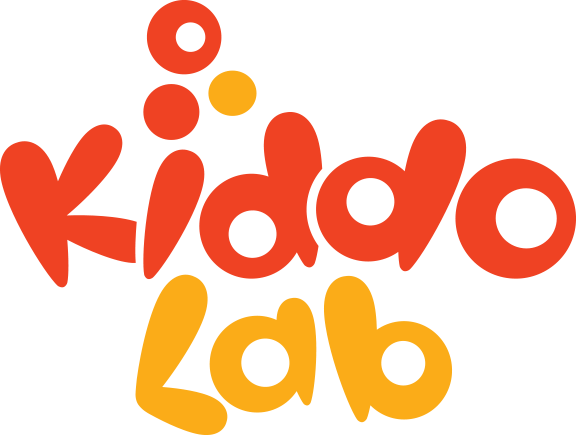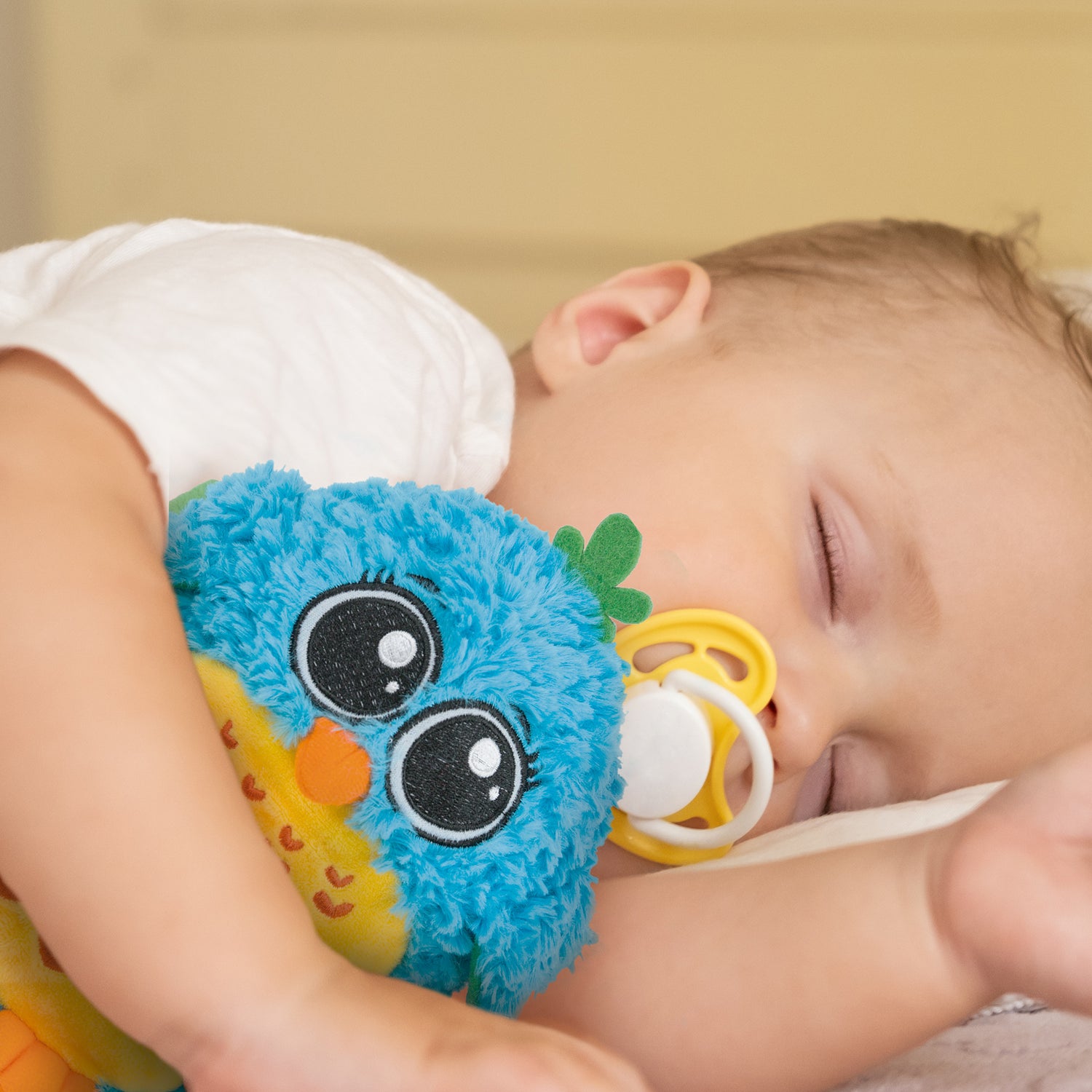Fostering Social Development in Young Children
In the formative years of childhood, developing social skills is as crucial as learning academic concepts. This guide provides parents with effective activities and tips to nurture essential social skills in their children. It also highlights how KiddoLab's educational toys, suitable for children aged 18 months and up and available on Amazon, can be integrated into these activities to enhance learning.
The Importance of Social Skills in Early Childhood
Foundation for Future Success
Social skills in early childhood lay the groundwork for successful interactions and relationships throughout life, impacting everything from academic performance to personal well-being.
Key Social Skills for Young Children
Identify key social skills such as sharing, cooperation, listening, and empathy that are vital for young children to learn.
Activity 1: Role-Playing Games
Learning Through Imitation
Engage children in role-playing games, where they can mimic social situations, practicing skills like turn-taking, communication, and empathy.

KiddoLab’s Role-Play Toys
Utilize KiddoLab’s Stuffed Animal Panda Toy, encouraging imaginative play and social interaction, available on Amazon.
Activity 2: Group Playdates
The Power of Playdates
Organize playdates with peers, providing a natural setting for children to practice social skills like sharing, problem-solving, and making friends.
Supervised Interaction
During playdates, gently guide interactions to help children navigate social challenges and learn positive behaviors.
Tips for Encouraging Positive Social Interactions
Modelling Social Behaviour
As a parent, model positive social behaviors. Children learn a great deal from observing how adults interact with others.
Positive Reinforcement
Use positive reinforcement to encourage desirable social behaviors, such as praising your child for sharing or cooperating with others.
Activity 3: Collaborative Building and Crafting
Teamwork Through Building Activities
Use building blocks or craft projects as a way for children to work together, developing skills like cooperation, patience, and shared problem-solving.

KiddoLab’s Building Sets
Incorporate KiddoLab's Musical Plush Crab Toy, available on Amazon, to encourage teamwork and collective creativity in a fun, engaging manner.
Activity 4: Storytelling and Puppet Shows
Emotional Expression and Understanding
Storytelling and puppet shows can be powerful tools for children to express emotions and understand different perspectives, enhancing empathy and emotional intelligence.

KiddoLab’s Storytelling Aids
Use KiddoLab’s Musical Monkey Plush Toy to create interactive storytelling sessions that foster social and emotional learning.
Communication: The Key to Developing Social Skills
Encouraging Open Communication
Foster an environment where children feel comfortable expressing themselves and listening to others, which is essential for healthy social interactions.
Conversation as a Daily Practice
Make conversation a regular part of your child’s day, discussing their feelings, experiences, and thoughts.
The Role of Parents in Social Skill Development
Leading by Example
Parents play a crucial role in social skill development by setting examples of positive social interactions and offering gentle guidance when necessary.
Recognizing and Addressing Social Challenges
Be attentive to your child’s social development, recognizing any challenges and seeking appropriate strategies or interventions to address them.
Reinforcing Social Skills in Daily Routines
Integrating Social Learning in Everyday Activities
Incorporate social skill-building into daily routines, such as mealtime or grocery shopping, to practice manners, patience, and interaction skills.

Role of Educational Toys in Daily Learning
Use KiddoLab's Jungle Animal Roll & Learn Fun Baby Activity Ball, available on Amazon, during routine activities to create fun, social learning opportunities.
Structured vs. Unstructured Social Play
The Balance of Play Types
Understand the importance of balancing structured play (organized activities) with unstructured play (free play), as both contribute uniquely to social development.
Facilitating Diverse Play Experiences
Provide opportunities for both types of play, using toys and activities that encourage varied social interactions and learning experiences.
Developing Empathy and Understanding in Children
Teaching Empathy Through Example and Conversation
Demonstrate empathy in your actions and discuss empathetic responses to situations, helping children understand and practice empathy in their interactions.
Storytelling and Role-Playing Activities
Engage children in storytelling or role-playing activities that encourage them to put themselves in others’ shoes, enhancing their understanding and empathy.
The Impact of Technology on Social Skill Development
Navigating the Digital Influence
Acknowledge the role of technology in children's lives and its impact on social skills, emphasizing the need for real-world social interactions.
Technology as a Tool, Not a Replacement
Utilize technology in ways that supplement, rather than replace, direct social experiences, such as using educational apps that encourage collaborative play.
Encouraging Positive Peer Interactions
The Role of Peer Relationships
Facilitate opportunities for your child to interact with peers, which can greatly enhance their social skills like sharing, cooperation, and conflict resolution.
Structured Playgroups and Activities
Participate in structured playgroups or activities where children can engage in supervised, interactive play, learning to navigate social dynamics effectively.
Parental Involvement in Social Skill Development
Active Parental Engagement
Be actively involved in your child’s social development by organizing play dates, attending group activities, and providing consistent feedback and encouragement.

Using Toys to Teach Social Skills
Incorporate KiddoLab’s Musical Bouncy Bunny Light-Up Toy , available on Amazon, as a fun and educational way to teach children about social interactions and behaviors.
Cultivating Independence and Confidence
Encouraging Independent Play
While social interactions are important, also encourage independent play, which can build self-confidence and the ability to entertain oneself.
Balance of Independence and Socialization
Strive for a healthy balance between independent play and socialization, as both are crucial for a child’s overall development.
Building a Foundation for Social Success
The Lasting Impact of Early Social Skills
Developing social skills in early childhood lays the foundation for successful interpersonal relationships and emotional well-being throughout life.
KiddoLab: Enhancing Social Development
KiddoLab’s range of educational toys, designed for children aged 18 months and up, supports the development of these crucial skills. Available on Amazon, these toys offer interactive, fun, and educational ways to enhance social learning and growth
As we conclude our journey through effective techniques and activities for building social skills in early childhood, remember that every child’s social development path is unique.
To support and enrich this journey, explore KiddoLab’s educational toys, which are thoughtfully designed to enhance social skills through interactive and engaging play.
From role-playing sets to social skills board games, KiddoLab offers a variety of tools to aid in your child’s social development. These toys not only provide entertainment but also serve as an essential part of learning and growth, helping to shape well-rounded, socially adept individuals.
Visit KiddoLab on Amazon today to find the perfect toys to support your child’s social skill development and set them on a path to social success.


